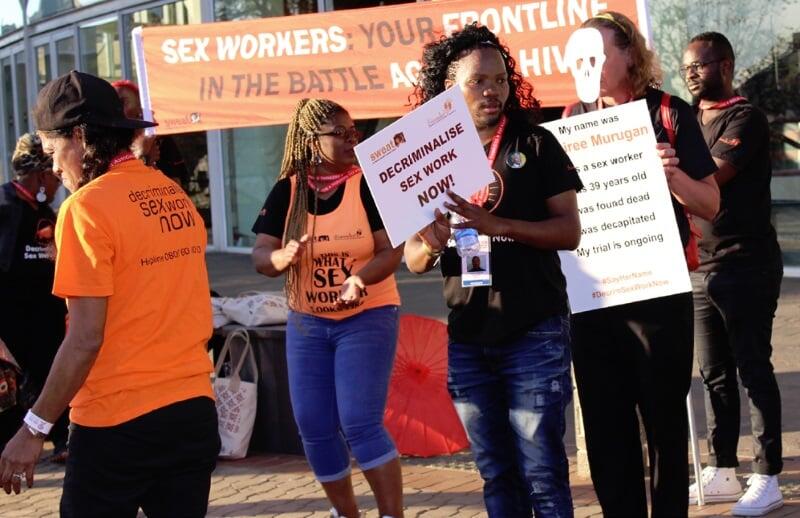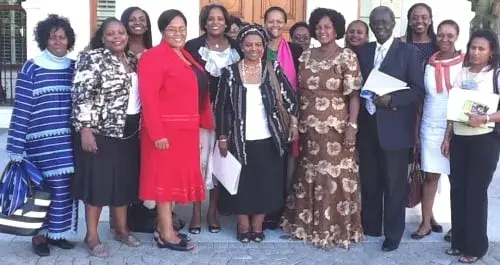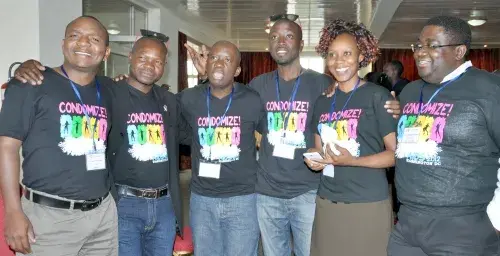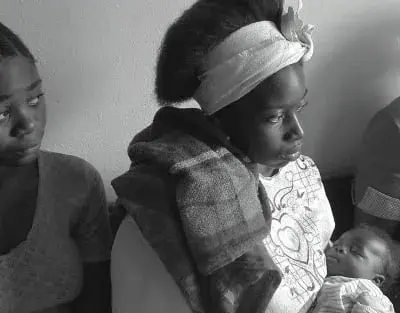The theme of this year’s International AIDS Conference (IAC 2016), Access Equity Rights Now, brought to the fore the plight of key populations who still lack access to comprehensive prevention, treatment, care and support services. It was a loud call to action for everyone to come together and reach out to key populations that are usually marginalized – women and girls, people with disabilities, sex workers, transgender people, men who have sex with men and other key populations.
In an electrifying lecture, Judge Edwin Cameron of the Constitutional Court in South Africa dedicated the event to key populations of sex workers, men who have sex with men, transgender people and people who inject drugs. “These are the populations being left behind in the HIV response,” he said.
Sex workers in South Africa, Swaziland, Lesotho and Malawi have HIV infection rates as high as 72 per cent. Women sex workers around the world are 10 times more likely to acquire HIV than women in general. Men who have sex with men are 24 times more likely to acquire HIV than men in general, with the figure rising even higher for transgender women. In Eastern Europe and Central Asia, 94 per cent of all new HIV infections are among key populations and their sexual partners.
Judge Cameron described sex workers as the most marginalized of all key populations. “Twenty-five years ago stigma was killing more people than AIDS, and it still is,” he said.
The sex workers informed the conference they are at the frontline in the battle against HIV, yet they lack access to condoms, and experience considerable sexual and gender-based violence from police and clients. Many are living and working far from their families and home communities. They need and want access to sexual and reproductive health services yet health-care workers commonly treat them so poorly that they do not go back again.
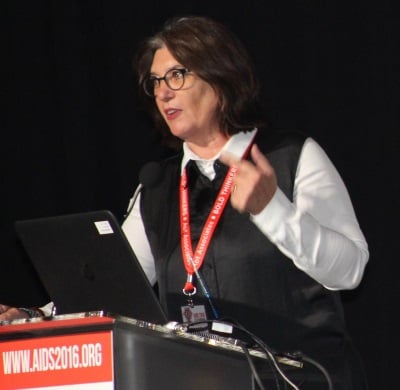
In her presentation, Dr. Jennifer Butler, UNFPA Senior Adviser on HIV in the Eastern Europe and Central Asia Region, highlighted the need to also focus on key populations in humanitarian and emergency situations.
Demonstrations by sex workers continued at different venues throughout the conference. For every speaker on the podium at the closing session, a sex worker stood below them carrying an umbrella and placard. One placard had a clock that kept time until the speaker mentioned the words ‘sex work’. At the mention, the placard would be folded to show the words ‘thank you’ and taken off stage. When the next speaker stepped up to the podium, the sign would be put back up again. Their message was simple and powerful: “inclusion and equity is essential; we must not allow science to leave communities behind”.

